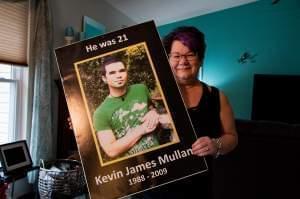
Every State But Missouri Has An Opioid Database. Will That Change?
There is a renewed push to bring an opioid database to Missouri.

There is a renewed push to bring an opioid database to Missouri.
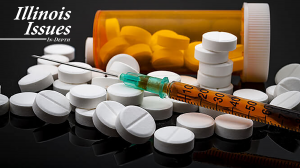
As suicide and opioid death numbers climb, researchers investigate how strong a connection exists.
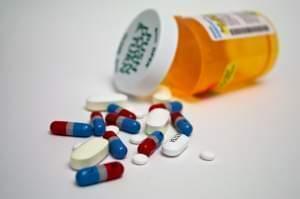
On the 21st: An Illinois man shares his own personal story of addiction and recovery, as pharmaceutical executives testified before Congress earlier this week on their role in the opioid crisis. Plus, a new bill that passed the state Senate would require LGBT historical figures to be covered in classrooms. And, some tips for avoiding mosquito and tick bites during the summer months.
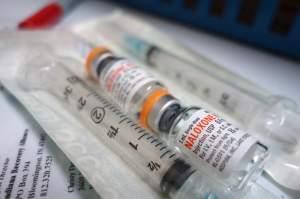
Earlier this month, U.S. Surgeon General Jerome Adams issued an advisory. More Americans he said, should know how to use naloxone, the opioid overdose antidote, and carry it with them in case they encounter someone who has overdosed on heroin or other opioids. But actually getting a hold of naloxone can be difficult. Many pharmacies and local health departments don’t stock it, and not everyone can afford it.
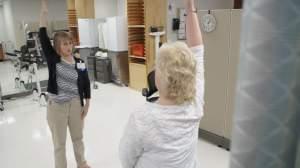
Roughly a third of all Americans live with chronic pain, and many of them become dependent on opioids prescribed to treat it. But there’s a growing consensus among pain experts that a low-tech approach focused on lifestyle changes can be more effective.
Campbell Hall
300 N. Goodwin
Urbana, IL 61801
217-333-7300